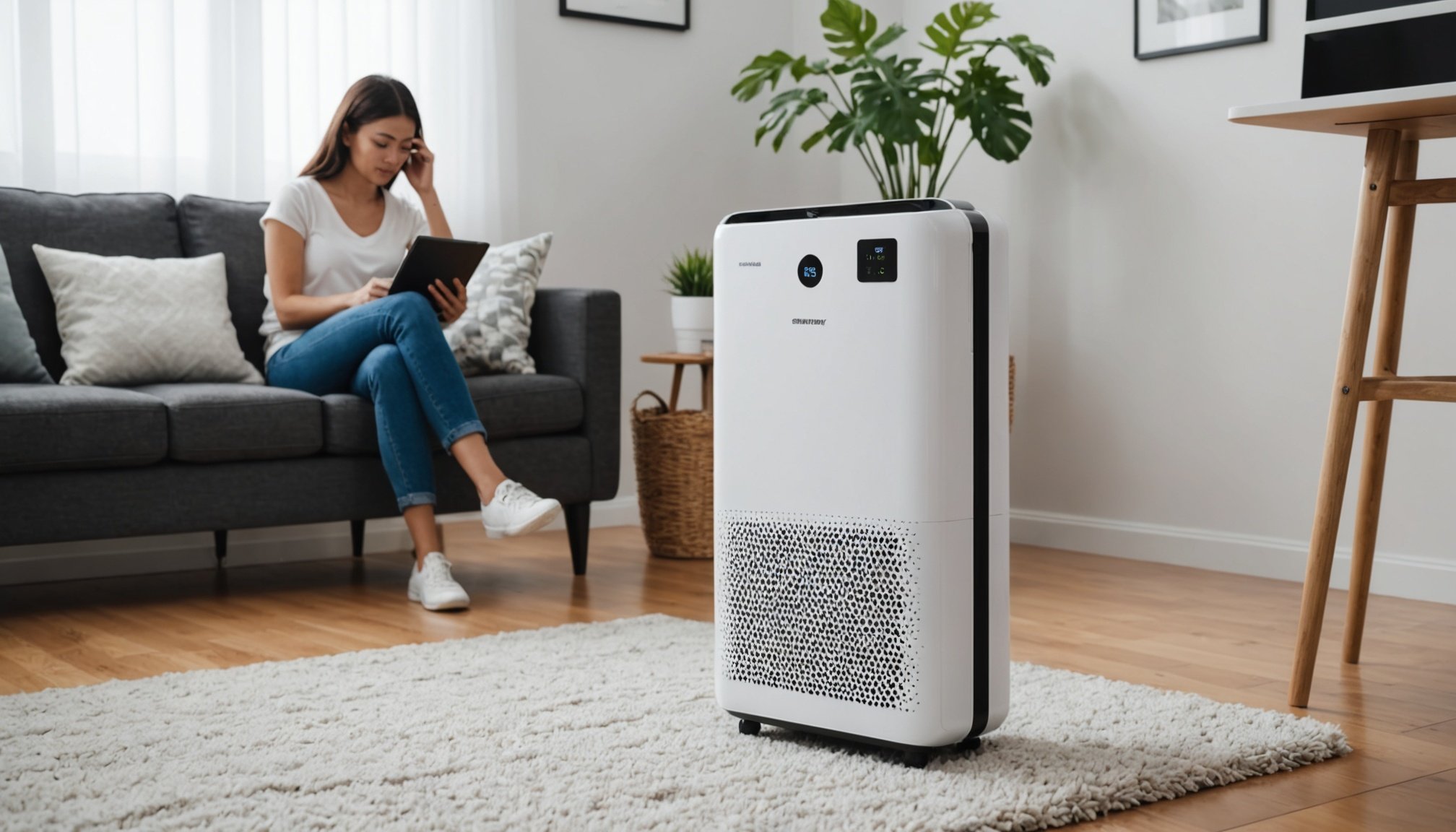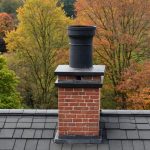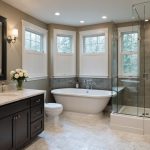In an era where indoor air quality is increasingly scrutinized, the role of air purifiers in our homes has become indispensable. As pollution levels rise globally, with cities enveloped in smog and homes filled with particles of unknown origin, improving air quality is not a luxury but a necessity. For many, the sanctuary of home is no longer a haven from the pollutants of the outside world. In this article, we explore solutions to reclaim the purity of indoor air, focusing on the efficacy of air purifiers and how they can profoundly impact your health.
Understanding Indoor Air Quality and Its Impact on Health
To truly grasp the importance of indoor air quality, one must first understand what constitutes “indoor air” and why its cleanliness is crucial. Unlike outdoor air, which is subject to natural filtration and dispersion, indoor air can become a concentrated mixture of dust, allergens, and pollutants.
Also to discover : What types of cookware are best for induction cooktops?
Sources of Indoor Pollutants
- Household Products: Many everyday cleaning agents release volatile organic compounds (VOCs) into the air, contributing to indoor pollution.
- Biological Contaminants: Mold, dust mites, and pet dander are common in homes, becoming airborne and affecting those with allergies and asthma.
- Outdoor Pollutants: Even when indoors, you are not completely safe from outdoor pollution. Particles can enter your home through open windows or improperly sealed doors.
Health Implications
Poor indoor air quality can lead to a myriad of health issues, ranging from minor irritations to severe respiratory problems. Long-term exposure has been linked to chronic conditions like asthma, heart disease, and even cancer. By investing in an efficient air purifier, you can significantly reduce your exposure to these harmful pollutants and ensure a healthier living environment.
How Air Purifiers Work to Enhance Air Quality
Air purifiers are sophisticated devices designed to trap and eliminate airborne particles, creating a cleaner and healthier indoor environment. But how exactly do they work, and what makes them so effective at improving air quality?
Have you seen this : How can I ensure my air conditioning unit runs efficiently?
Mechanism of Action
- Filtration Systems: Most air purifiers incorporate HEPA (High Efficiency Particulate Air) filters, renowned for capturing 99.97% of particles as small as 0.3 microns. These include dust, pollen, and even smoke.
- Activated Carbon Filters: These are pivotal in adsorbing odors and chemical fumes, making the air free from unpleasant smells.
- UV Light: Some purifiers use UV light to kill bacteria and viruses, adding a layer of protection against microbial pollutants.
Benefits of Using Air Purifiers
- Reduction of Allergens: By filtering out pollen, dust mites, and pet dander, air purifiers provide relief to allergy sufferers.
- Improved Sleep Quality: Cleaner air can lead to better sleep by reducing nasal congestion and improving overall breathing.
- Enhanced Overall Health: Consistent use of air purifiers can lower the risk of developing chronic respiratory conditions, ensuring long-term health benefits.
Selecting the Right Air Purifier for Your Home
Choosing the right air purifier can be a daunting task, given the plethora of options available on the market. However, by focusing on your specific needs and understanding key features, you can select a unit that best suits your home.
Factors to Consider
- Room Size: Ensure the air purifier is suitable for the room’s square footage. Too small, and it won’t be effective; too large, and it may be unnecessarily powerful.
- Type of Pollutants: Identify the main pollutants in your home. If odors are a concern, look for models with activated carbon filters. For allergens, prioritize HEPA filters.
- Noise Levels: Some air purifiers can be loud, which may be disruptive in bedrooms or home offices. Consider noise levels when making your choice.
- Energy Efficiency: Look for Energy Star-rated models to reduce electricity consumption and save on energy bills.
Integrating with HVAC Systems
For those with HVAC systems, certain air purifiers can be integrated directly, providing comprehensive air cleaning throughout the home. This system works in tandem with your HVAC, allowing for a seamless and efficient air purification process.
Maintaining Your Air Purifier for Optimal Performance
To ensure your air purifier continues to function effectively, regular maintenance is crucial. This not only prolongs the lifespan of the device but also maintains the quality of air in your home.
Routine Care Tips
- Filter Replacement: HEPA and carbon filters require periodic replacement. Check the manufacturer’s guidelines for the recommended schedule, typically every 6 to 12 months.
- Cleaning the Unit: Dust and debris can accumulate on the exterior and in the vents. Clean these areas regularly to prevent obstructions and maintain airflow.
- Monitoring Air Quality: Some modern purifiers come with sensors that can alert you when air quality drops, signaling a need for maintenance or filter replacement.
Troubleshooting Common Issues
- Decreased Airflow: This could indicate a clogged filter or obstruction in the vents. Cleaning or replacing filters often resolves the issue.
-
Unusual Odors: Persistent smells may be due to a malfunctioning carbon filter. Ensure it’s replaced on schedule.
Improving the air quality in your home is not just a matter of comfort, but of health and well-being. By understanding the dynamics of indoor pollution and the capabilities of air purifiers, you can take informed steps to ensure the air you breathe is clean and safe. Investing in the right filter system, maintaining it diligently, and integrating it into your home can make a significant difference in your quality of life. Remember, clean air is not just a necessity; it is a stepping stone to a healthier tomorrow.











